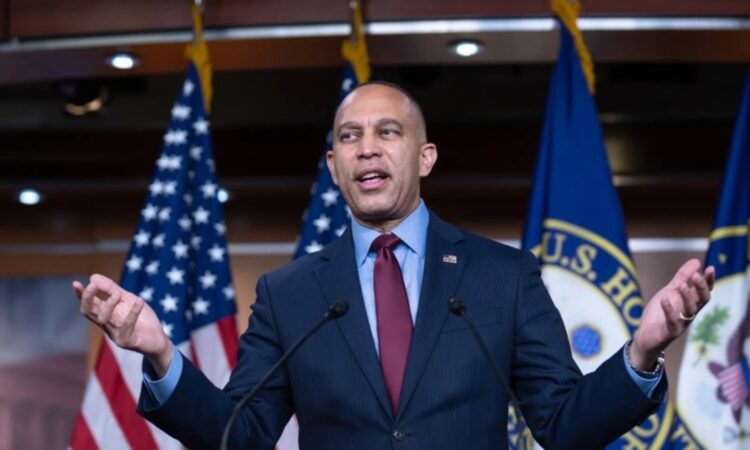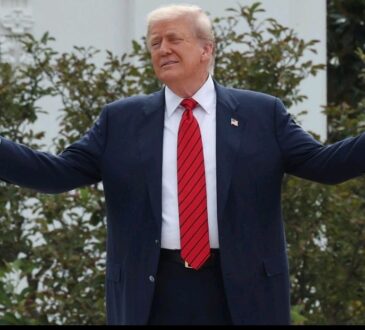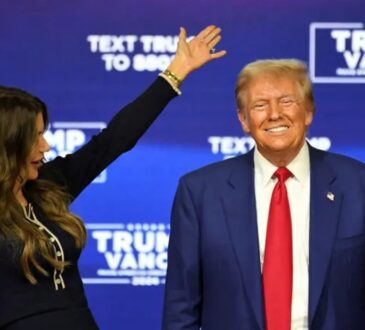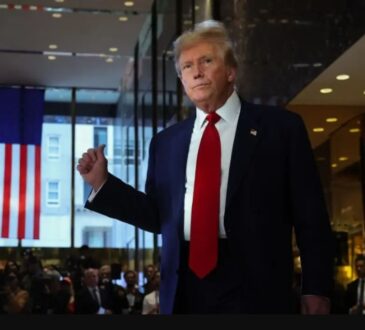
House Minority Leader Hakeem Jeffries is under growing attention after Republicans released newly obtained documents suggesting that a political consulting firm connected to his early congressional career once sent an invitation to Jeffrey Epstein, who was already a convicted sex offender, encouraging him to attend a Democratic fundraising event.
The email, dated 2013, promoted Jeffries as an up-and-coming figure in the Democratic Party and even described him as “Brooklyn’s Barack.
The material does not show that Jeffries ever communicated with Epstein, met him, or received donations from him, and there is no record that Epstein replied. Still, the idea that Epstein was approached at all has ignited political debate, largely because of how extensive his connections appear to have been and the renewed public demand to understand who those connections involved.
The timing of these revelations adds to the intensity. On the same day the documents surfaced, Congress voted almost unanimously to order the Department of Justice to release its full set of Epstein investigation files. Lawmakers from both parties said that the public deserves clarity about Epstein’s activities, the people he communicated with, and the influence he attempted to build.
For months, the legislation had faced hesitation and internal disagreements, but the bipartisan vote on Tuesday signaled a shift toward full transparency. The bill now goes to President Donald Trump, who has said he intends to sign it, triggering a requirement that the documents be released within 30 days of the bill becoming law.
Another set of materials, separate from the Jeffries-related email, includes text messages from 2019 between Epstein and U.S. House Delegate Stacey Plaskett of the Virgin Islands. These messages were exchanged as Plaskett participated in a House Oversight Committee hearing where Michael Cohen, former attorney to Donald Trump, was testifying.
Epstein sent Plaskett comments, tips, and reactions in real time, though the messages show no wrongdoing or coordination on her part. Plaskett’s office explained that she received numerous texts from various people during the hearing, including staffers, constituents, and even members of the public.
Plaskett had already returned campaign donations linked to Epstein years earlier after concerns were raised. Still, the fact that Epstein was texting a sitting member of Congress during a major hearing has drawn new attention, largely because of what it suggests about the breadth of his attempts to stay connected to political circles.
Republican lawmakers responded quickly online and in interviews. Representative Lauren Boebert reacted with a brief but pointed “Oof!!” on social media. Representative Andy Biggs accused Jeffries of withholding information and argued that the new documents raise deeper questions about what Democratic leaders knew. Jeffries himself posted earlier in the day that the House vote to release the Epstein files was serious and necessary, saying, “This is not a hoax,” and indicating support for making the Justice Department’s files public.
One notable moment in the House vote came from Representative Clay Higgins of Louisiana, who was the only member of Congress to oppose the bill. Higgins argued that releasing a broad collection of investigative files without strong privacy protections could expose thousands of people—witnesses, family members, and others—to harmful public scrutiny despite having done nothing wrong. He stated that he supported the ongoing investigation already being conducted by the House Oversight Committee, which has released tens of thousands of documents from the Epstein case, but said the bill should be amended to safeguard the identities of anyone not implicated in crimes. Higgins added that he would vote for the bill if the Senate added protections for victims and uninvolved individuals before sending it back to the House.
With the bill now passed in both chambers with overwhelming support, the focus shifts to how the Department of Justice will manage the release and what the files will reveal. Many lawmakers expect the documents to answer long-standing public questions, while others warn that conflicting interpretations and political narratives may emerge as soon as the files become public. The upcoming release is likely to dominate headlines and intensify debate on how deeply Epstein’s network extended into political, business, and social spheres.
As conversations unfold, attention remains fixed on Jeffries, Plaskett, and others whose names have surfaced in these new materials—not because the documents show wrongdoing by them, but because they add another layer to an already complicated story about influence, access, and the ways in which Epstein attempted to position himself around powerful figures. The coming weeks may bring additional documents, more statements from lawmakers, and new reactions as both Congress and the public await the Department of Justice’s full release of the Epstein files.




